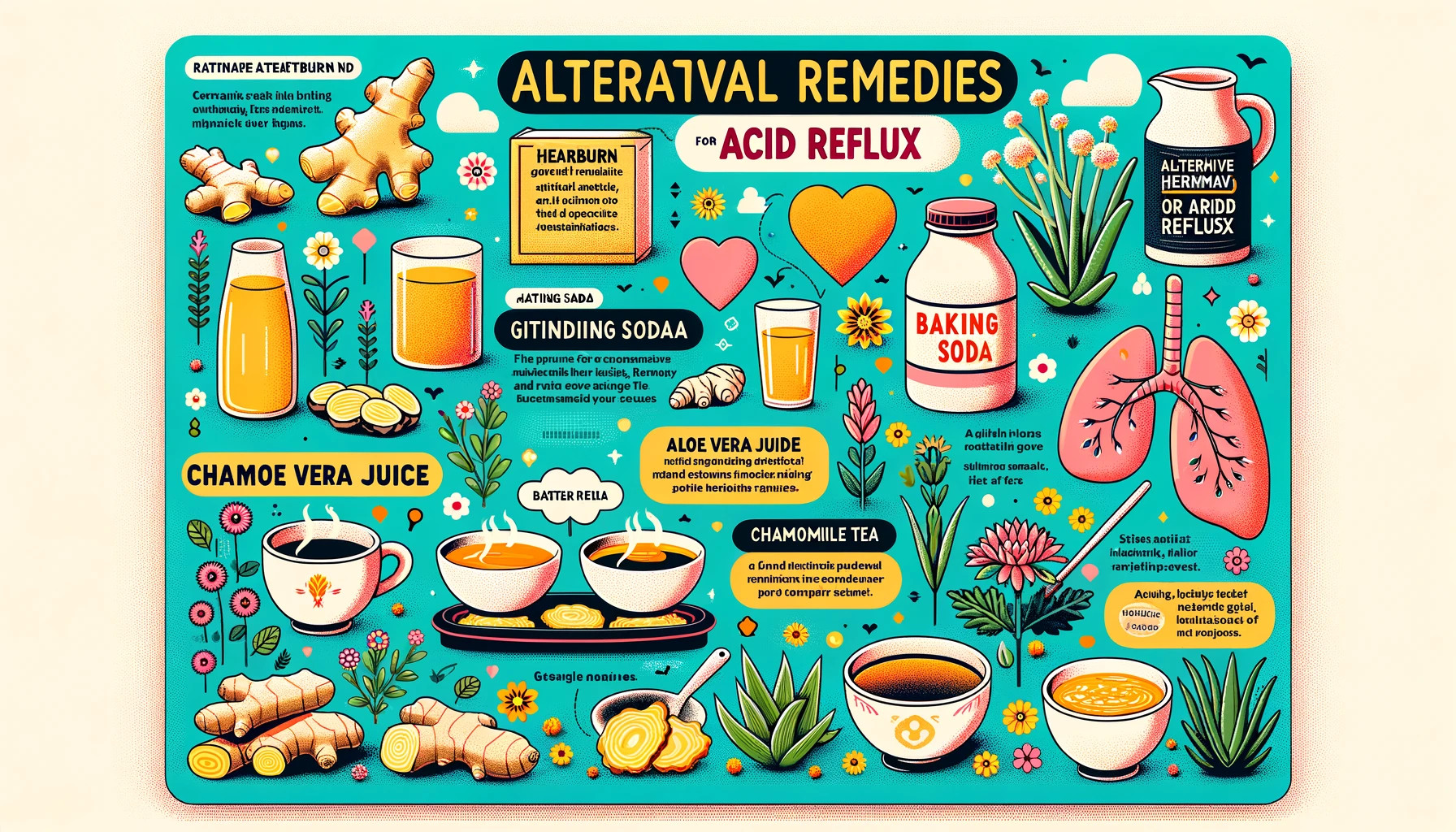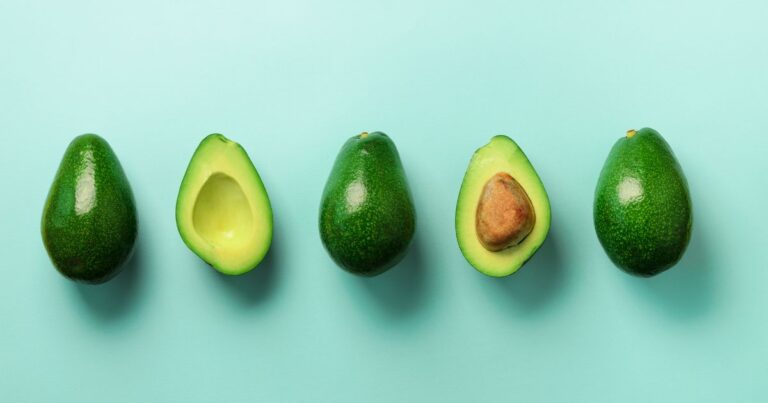Is Yellow Mustard a Natural Remedy For Acid Reflux and Heartburn?
Although a small amount of scientific evidence points in the direction of Mustard being a super cure for heartburn, I know you’ve heard the rumor mill swirling. Can mustard help heartburn though? Some people claim Mustard, whether whole grain or Dijon, can stop those painful and annoying heartburn symptoms. Using yellow mustard to combat and treat heartburn and acid reflux might seem unusual at first glance. However, it starts to make sense when you break down its components and understand their potential effects on your digestive system.

If you thought Mustard, that golden, tangy condiment is only good for spicing up hot dogs, sandwiches, and most salad dressings well, then you’re in for a nice surprise.
Who would have thought this humble kitchen staple could also moonlight as a heartburn hero? Yes, you heard that right.
Amidst the culinary chaos of spicy tacos, zesty pizza, and, dare I say, the occasional late-night snack that we all regret the next morning, mustard has emerged as an unexpected ally against the dreaded burn.
Heartburn, that burning sensation that seems to light a fire from your stomach to your throat, is no joke. And acid reflux, its close companion, brings stomach acid uninvited into the esophagus, turning what should be a pleasant after-dinner conversation into a desperate search for relief.
So, let’s cut through the mustard – pun intended – and explore how this vibrant yellow condiment can offer a new remedy hidden when heartburn strikes. Before the end of this you might end up with a monthly mustard subscription box just to keep the cabinets stocked.
Table of Contents
Can Mustard Help Heartburn?

Before you reach for that bottle of antacids, let’s talk about the potential of mustard seeds as one of the hidden natural home remedies for heartburn and acid reflux, also known as gastroesophageal reflux disease.
This might sound a bit unconventional or even a tad bizarre, but the truth often lies in the unexpected.
With a mix of curiosity, a dash of science, mustard cravings and personal experimentation, I’m going to break it all down for you.
Mustard Can Help With Heartburn and Gastroesophageal Reflux Disease

I bet you never thought that jar of mustard in the back of your fridge could potentially be used as one of your secret home remedies. Here’s how this pantry staple might offer relief from that uncomfortable burning sensation:
Neutralizing Stomach Acid: The vinegar in mustard is believed to help lower the pH level of the stomach, which could neutralize excess stomach acid. While vinegar is acidic, it becomes alkaline once metabolized, potentially soothing the stomach and esophagus.
Anti-inflammatory Properties: Turmeric, a key ingredient in mustard, is renowned for its anti-inflammatory effects. Inflammation of the esophagus is a common symptom of acid reflux. Turmeric could help reduce this inflammation, offering relief from the discomfort associated with heartburn.
Digestive Aid: Mustard seeds are rich in a compound called sinigrin, which is thought to stimulate the digestive process. By promoting healthy digestion, mustard may help prevent the onset of heartburn and acid reflux symptoms.
A Source of Magnesium: Magnesium is a mineral crucial in many bodily functions, including digestion. It helps relax muscles within the digestive tract, improving food movement and reducing the likelihood of acid reflux. Mustard, a magnesium source, might contribute to this beneficial effect.
A Quick Mustard Remedy for Heartburn Relief

If you’re keen on trying mustard as a heartburn remedy, here’s a simple method to start with:
The Dosage: Begin with one teaspoon of yellow mustard. If the taste is too strong for you, consider diluting it with a small amount of water.
Timing: The best time to take mustard for relief of heartburn is either at the first sign of symptoms or right after a meal that could trigger heartburn.
Frequency: Use this remedy sparingly. While mustard can provide temporary relief, it’s not meant to be a long-term solution for ongoing digestive issues.
Remember, the effectiveness of mustard for heartburn relief can vary from person to person. What works for one individual may not work for another.
Considerations Before Trying Mustard for Heartburn

Allergies: Be mindful of any mustard allergies or sensitivities.
Underlying Conditions: If you have a history of gastrointestinal issues or other health conditions, consult a healthcare provider before trying mustard.
Moderation is Key: Like any remedy, natural or otherwise, it’s important to use mustard in moderation.
Exploring natural remedies like mustard for heartburn relief is about expanding your options and finding what works best for your body. While mustard may offer a quick fix, addressing the root causes of heartburn and acid reflux through dietary and lifestyle changes is crucial for long-term relief.
What Causes Heartburn and Acid Reflux?

Heartburn and acid reflux are not just the aftermath of overindulging in spicy food or that extra slice of pizza. At their core, these conditions stem from internal rebellion in our digestive system.
The Culprits: At the entrance of your stomach lies a gatekeeper, the lower esophageal sphincter (LES). Think of it as a bouncer at the club, deciding when your stomach acid can hit the dance floor of your esophagus. Sometimes, this bouncer gets a bit lax, letting acid party where it shouldn’t, causing that burning sensation we know all too well.
Trigger Foods and Habits: Certain foods and habits are like VIP passes for stomach acid, making it easier to bypass the LES. These include the usual suspects like spicy foods, fatty meals, chocolate, caffeine, and, unfortunately for some of us, alcohol. Eating late at night or lying down right after a meal can invite heartburn to the party.
Yellow Mustard: An Overview

Plain Yellow mustard, often a highlight at barbecues and picnics, might just be your gut’s new best friend. This common condiment, made from the seeds of the mustard plant, water, vinegar, turmeric, and a handful of other spices and seasonings, is surprisingly complex beneath its bright yellow surface.
Here’s a breakdown of mustard’s main components and how they could play a role in soothing heartburn:
Vinegar: A key ingredient in mustard, vinegar is acidic. The logic might seem counterintuitive—adding acid to combat acid—but there’s a theory that the vinegar in mustard can help normalize stomach acid levels, relieving heartburn.
Turmeric: This spice gives yellow mustard its vibrant color and has health benefits, including anti-inflammatory properties. Inflammation can contribute to the discomfort caused by heartburn, so turmeric’s presence in mustard could be beneficial.
Minerals: Mustard is a source of minerals like selenium and magnesium, which are essential for overall health and have been suggested to play a role in digestive health.
The idea here is not that mustard is a cure-all but contains components that could theoretically relieve heartburn. Combining vinegar to balance stomach acid potentially, turmeric for its anti-inflammatory effects, and beneficial minerals make mustard a condiment worth considering beyond its culinary uses.
Potential Risks and Considerations

While using mustard as a natural remedy for heartburn is intriguing and potentially effective for some, it’s important to approach this method with caution and awareness. Not everyone will experience the same benefits, and there are a few considerations and potential risks to keep in mind before making mustard your go-to heartburn solution.
Allergies and Sensitivities
Mustard Allergy: Though relatively rare, some individuals may have an allergy to mustard. Symptoms can range from mild to severe, including skin reactions, gastrointestinal distress, and, in rare cases, anaphylaxis.
Sensitivities: Even without a full-blown allergy, some people might find mustard too harsh on their stomach, especially if they have a sensitive digestive system.
Gastroesophageal Reflux Disease (GERD) and Other Conditions
Individuals with GERD or other chronic gastrointestinal conditions should be cautious. While mustard may temporarily relieve occasional heartburn, it could aggravate symptoms in some cases due to its acidity and spice level.
Consulting with a healthcare provider is advisable for anyone with underlying health issues before trying mustard or any new remedy for heartburn.
Dosage and Frequency
Moderation: Consuming large amounts of mustard, especially on an empty stomach, can lead to discomfort or worsen heartburn symptoms due to its acidity and spicy nature.
Frequency: Relying on mustard frequently for heartburn relief instead of addressing the underlying causes of acid reflux can mask symptoms without providing a long-term solution.
Alternative Natural Remedies for Heartburn and Acid Reflux
If mustard isn’t suitable for you, or you’re looking for a variety of options, consider exploring other natural remedies for heartburn and acid reflux. Here are a few alternatives that might offer relief:
Ginger: Known for its gastrointestinal soothing properties, ginger can help reduce inflammation, nausea, and heartburn. Try sipping ginger tea or including fresh ginger in your meals.
Baking Soda: A teaspoon of baking soda dissolved in a glass of water can neutralize stomach acid and quickly relieve heartburn. Use this remedy sparingly, as excessive consumption can lead to other health issues.
Aloe Vera Juice: Aloe vera has natural soothing properties that can help calm the esophagus and reduce acid reflux symptoms. Look for aloe vera juice intended for internal use.
Chamomile Tea: Chamomile can help reduce stress, a common trigger for heartburn, and soothe the digestive tract. Enjoy a cup of chamomile tea before bedtime to promote relaxation and digestion.
Conclusion
While mustard can offer relief because of its unique properties, it’s essential to approach its use cautiously and consider your health profile.
Remember, what works for one person may not work for another, and integrating dietary changes and lifestyle adjustments is key to managing heartburn symptoms effectively.
Exploring natural remedies like mustard is about finding balance and understanding your body’s needs.
FAQ and Additional Information
How much mustard should I take for acid reflux?
Start with one teaspoon of yellow mustard for heartburn or acid reflux relief. If the taste is too strong, dilute it with a small amount of water. It’s best to take this dose at the first sign of heartburn symptoms or right after eating a meal that might trigger acid reflux.
What condiments help heartburn?
Several condiments and natural remedies can help alleviate heartburn symptoms due to their soothing properties or ability to neutralize stomach acid. Here are a few that might offer relief:
Ginger: Adding fresh ginger or ginger powder to meals can help due to its anti-inflammatory properties and ability to aid digestion.
Aloe Vera: Aloe vera juice, when consumed in moderation, can soothe the digestive tract and reduce heartburn symptoms.
Apple Cider Vinegar: Though acidic, a small amount diluted in water before meals can help some people by improving digestion and balancing stomach acid levels.
Fennel Seeds: Chewing fennel seeds after meals can aid digestion and offer relief from heartburn due to their anethole content, which can help relax the stomach.
While these condiments and remedies can offer temporary relief, using them wisely and in moderation is important. If you frequently experience heartburn, looking at dietary and lifestyle changes that can provide long-term solutions is crucial. Always consult a healthcare provider and BMJ evidence-based medicine before trying new remedies.
What does a spoonful of mustard help?
Mustard can reduce blood glucose and inflammation with proton pump inhibitors in place. The results are still being tested for a possible effect.







